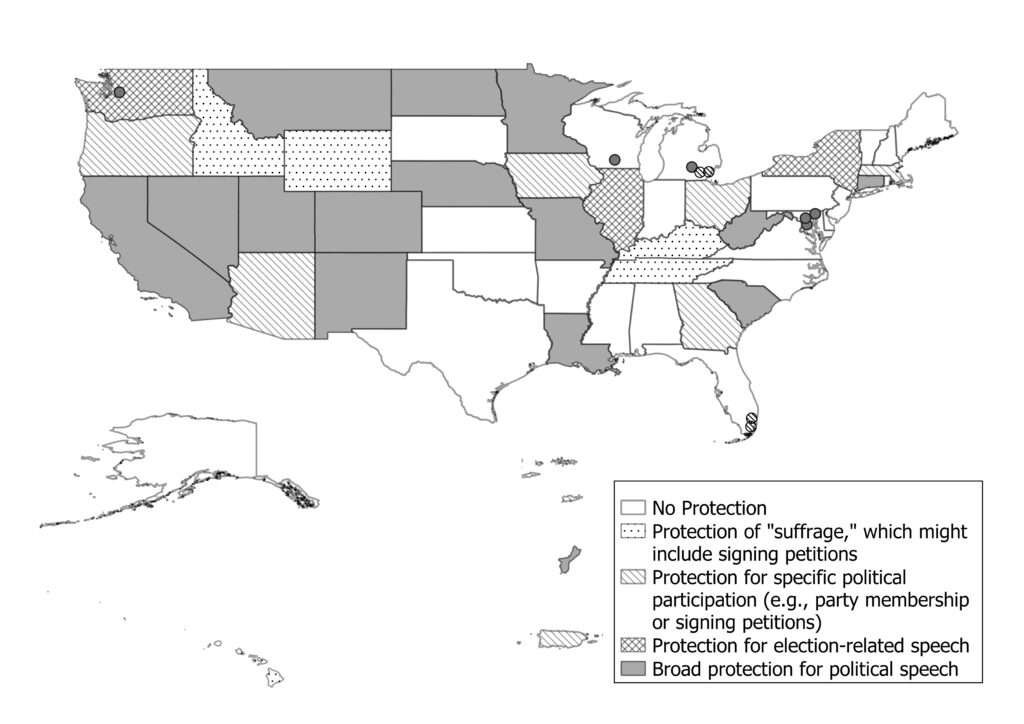The Volokh Conspiracy
Mostly law professors | Sometimes contrarian | Often libertarian | Always independent
"Getting a Home Depot Employee Fired for Calling for Trump's Assassination Is Still Cancel Culture"
Billy Binion had a piece on Reason about this on Wednesday, which I think is generally quite right. An excerpt, though there's more at the link:
Whatever your feelings on the former president, cheering on his assassination attempt is, in fact, wrong. It is also wrong to weaponize your millions of followers to turn a random woman into a national pariah, siccing a mob on her and rendering her unable to support herself—and possibly her family—because she made a tasteless comment on social media. These two things are true at the same time.
Cancel culture comes in different forms. But this is arguably its purest. We're not talking about someone who wielded considerable influence over society, whether in Hollywood or on Capitol Hill in Washington, D.C. We aren't even talking about a public school teacher who said this to a classroom full of students. We are talking about a woman who worked at a big box retail store, whose ability to pay for housing and food is potentially now up in the air for saying something gross on the internet.
It's ironic that the people leading this mob are some of the same individuals who have repeatedly—and rightly—decried mob justice over the last several years.
Binion's piece is fundamentally about the right and wrong of the situation; but if you're interested in whether it's legal for private employers to fire employees for such speech, see this article, which canvasses the state and local laws on the subject. Here also is a map that summarizes this (from this article); the dark gray states are the ones where this sort of firing is most likely to be illegal:
For a case bearing on whether government employers may fire employees for saying, after an assassination attempt on the President, "If they go for him again, I hope they get him," see Rankin v. McPherson (1987); the Court there held that firing an employee for such speech violated the First Amendment.
To be sure, Rankin is not completely on point: On one hand, it dealt with on-the-job speech, and off-the-job speech would presumably be even more protected. On the other, the speech was just to a friend, and the Court noted that "Nor was there any danger that McPherson had discredited the office by making her statement in public," though perhaps this was just because McPherson was an employee at a law enforcement office—it's not clear that a concern about discrediting the office would apply to, say, a firefighter. But whatever the legal analysis might be, Binion's ethical analysis strikes me as correct.



Show Comments (337)